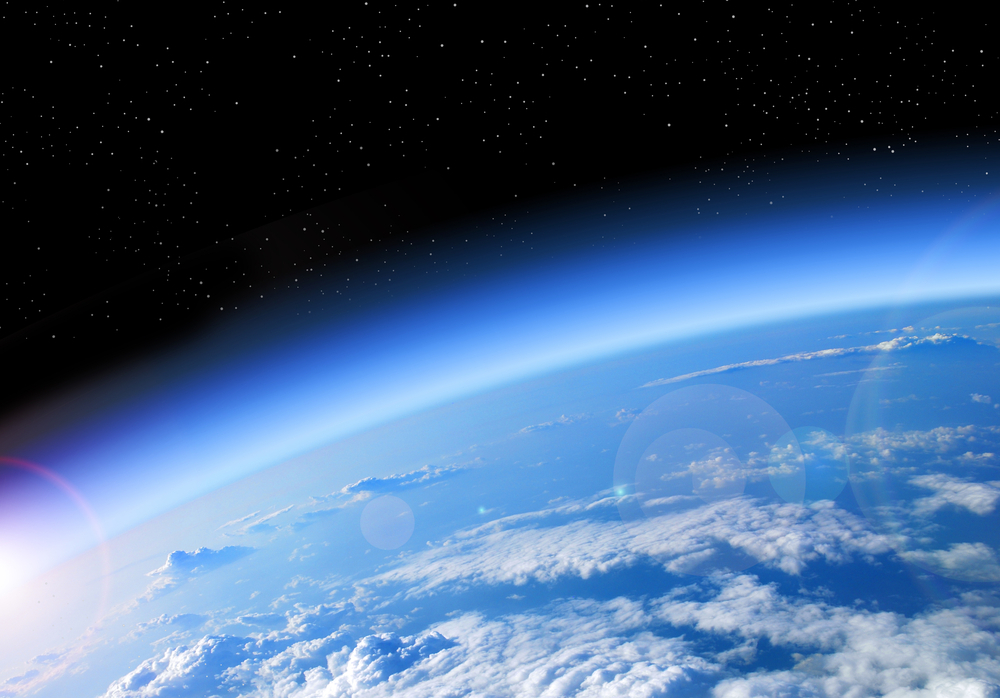
The Ozone Layer is Recovering!
Posted on January 20, 2023
Raise your hand if you're up for some good climate-related news! We know we are. So we were excited to learn that a panel of experts backed by the United Nations has found that the Earth's ozone layer has begun to recover thanks to decades of efforts to eliminate damaging chemicals in our atmosphere.
Looking back now, it seems preposterous that at one time we were blithely spraying gallons of aerosol hairspray onto our heads (and into the atmosphere). That is, until 1985, when scientists discovered to their horror that a hole had developed in the ozone layer over the Antarctic. Why was this so alarming? Because the ozone serves an important purpose in sustaining life here on earth, acting as a stratospheric shield of sorts that protects all of us living things and the environment from harmful levels of the sun’s ultraviolet radiation.
At that point, scientists already knew that chemicals like chlorofluorocarbons, which is used in manufacturing aerosol sprays (like our trusty can of Aqua-Net), and used as solvents and refrigerants, could destroy ozone. So when the hole was discovered, countries across the globe came together and created a landmark multilateral environmental treaty called the Montreal Protocol, which aimed to phase out nearly 100 synthetic chemicals thought to be damaging to the ozone. The Montreal Protocol was adopted two years later in 1987, and is one of the rare treaties to achieve universal ratification.
The Montreal Protocol is still in place today, and the latest progress report confirms that 99% of those ozone-depleting chemicals have in fact been successfully phased out. But the news gets even better! The U.N. also announced that the Antarctic breach in the ozone layer has been slowly but noticeably improving in terms of both area and depth since 2000. And, if current policies remain in place, the panel says that the ozone layer is on track to recover to where it was in 1980 by 2040. Over the Antarctic, this recovery should be achieved by 2066.
While ozone depletion is not considered a major contributor to climate change, the efforts to save the ozone layer have proven beneficial to combat that too. A 2016 amendment to the Montreal Protocol required phasing out the production and consumption of some hydrofluorocarbons, which are used in refrigeration and air conditioning among other things. While these don’t directly harm the ozone layer, they are powerful greenhouse gases that contribute to accelerated climate change and global warming.
And, it’s a nice reminder of what can be accomplished when we come together to achieve a common good!




















